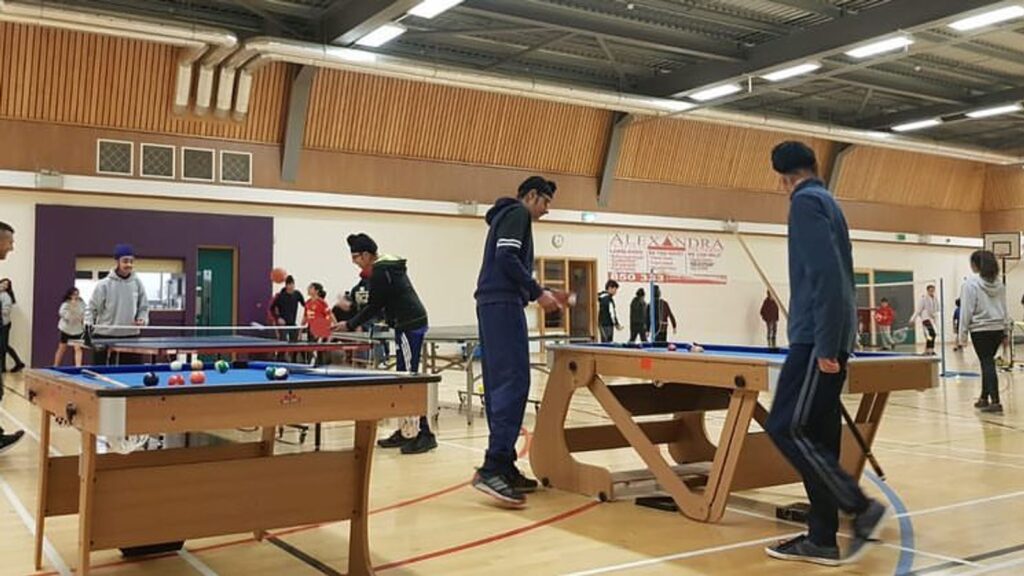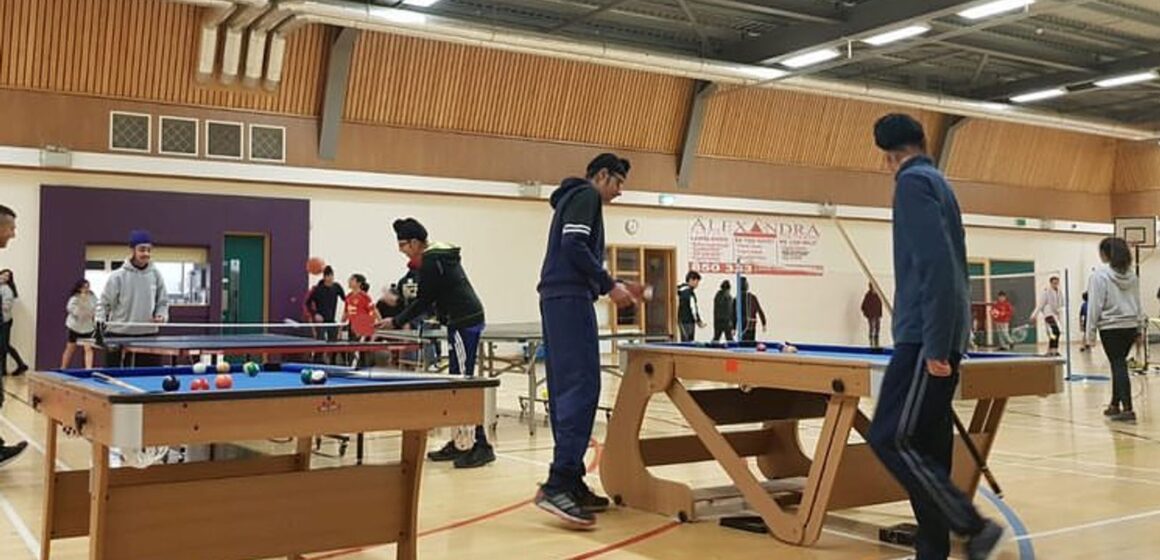
In Croydon, not far from central London’s glow, a quiet emergency is unfolding. The local council, led by Mayor Jason Perry, has announced sweeping cuts to the in-house Youth Engagement Team (YET)—a move sharply criticised by MPs and community leaders as a betrayal of young people in the borough.
Since 2021, Croydon’s government arms have redirected roughly £1.5 million in funding from direct youth work to external organisations — some reportedly run by former gang members. Now, the council is eliminating its own Youth Engagement Team entirely, outsourcing with £200,000 of public funds and leveraging a consultation that surveyed only 40 people––of whom just 31 were children and 9 were parents.
Amidst rising knife crime and gang tensions—especially around McDonald’s hotspots—this retreat from direct youth provision feels less like transformation and more like abandonment.
What Did Croydon Lose?
- Trusted Mentors and Safer Spaces
The YET employed specialist youth workers in hubs like New Addington and Fieldway. Their presence meant trusted adults were on-hand to build relationships, intervene in early signs of trouble, mediate disputes, and guide young people through education and employment hurdles. - Preventative Interventions
The team tackled knife crime, gang culture, and substance misuse through workshops, targeted interventions, and youth clubs. As Croydon East MP Natasha Irons warns, closing YET undermines a vital “lifeline” for vulnerable youth. - Connection to Accountability
The service fell under council courts and backed by statutory local services. Outsourcing breaks that governance link and dilutes accountability—who ensures those groups deliver?
Where Does the Funding Go Now?
The council’s strategy is to redirect funds to rival organisations through competitive grants. Many are voluntary-sector outfits or supposed ex-gang rehabilitation programs. Some are led by groups with murky track records.
This fragmented patchwork replaces trained staff with volunteers, weakening consistency and depth of engagement. As Labour’s Amy Foster notes, it may leave vulnerable young people without dependable mentors.
Why Now, and Why It Matters
Perry cites financial necessity and poor YET awareness among partners. But since 2010, Croydon Council has slashed youth budgets by 73%, reducing Youth Engagement funding to zero. Then, he quietly cut 20 Neighbourhood Safety Officers, further weakening frontline youth services.
Now, armed with minimal public consultation, the decision awaits final approval next month—likely too late to save the service .
The Real Impact on Young People
- Trust Can’t Be Bought Back
For many young people, especially those facing social exclusion, YET built relationships that took months, even years. Burned bridges can’t be mended with grant checks. - Escalated Risk of Violence
With youth services withdrawn and knife crime still high, young people lose early-warning systems—designed to catch and reverse harmful behaviours before they escalate. - Widening Inequality
Youth groups with strong infrastructure are likely in well-off areas. Cutting YET disproportionately impacts estates like Fieldway and New Addington—inside the borough’s most vulnerable zones. - Lost Soft Skills and Development
YET programs taught confidence, leadership, teamwork—skills central to social mobility. Fragmented youth clubs cannot replicate this.
Who Will Speak Up for the Young?
- MP Natasha Irons is pushing for a return to in-house services and legal protections for youth work .
- Labour Councillors argue the cuts are rushed and lack transparency, questioning the efficacy of grant allocations .
- Community Voices fear fees to rent Fieldway youth centre, effectively pricing out young people .
What Young People Need Now
- Consultation with Young People at the Table
Any model must be co-designed with those it affects, not imposed through token surveys. - Hybrid Approach—In-House + Grassroots
A stable core of council-employed youth workers, supported by volunteer groups, maintains trust and connection. - Statutory Protections for Youth Services
Laws like Section 507b guarantee youth work. Croydon should legislate to preserve YET budgets and staffing regardless of wider austerity. - Transparent Grant-Making
Open contracting processes, regular reporting, and public oversight ensure public funds serve kids, not cronies.
Turning Betrayal into Momentum
This crisis is also a call to action. Croydon’s young people aren’t silent. Across social media and community boards, their voices are rising. Genuine youth participation can turn cuts into a campaign for sustainable youth investment—not temporary patchwork solutions.
National media, mayoral candidates, and MPs must pay attention. If Croydon’s model “outsourcing instead of investing” succeeds, it becomes a dangerous blueprint. Young people deserve more than desperate gambles wrapped in council-speak.
They deserve futures built on trust, consistency, and real care.
A Call to Rise
To Croydon’s youth: your voices matter. Reach out to councillors, community groups, MPs. Don’t accept silence from political leaders.
To readers and allies: write letters, amplify youth voices, press for accountability. Ask hard questions—how is your council protecting the vulnerable? How will they measure outcomes?
Croydon’s story is more than local. It’s a blueprint for a broader reckoning: will we invest in young people or write off entire communities in the name of budgets? Their future depends on the answer.
https://www.newsnow.co.uk/h/UK
https://insidesuccessmagazine.com/category/politics
Zita Salum, a British, Tanzanian journalist with a London heart, is making waves in the world of media. Born and Raised in Hackney London, she discovered her passion for storytelling at a young age. Her journey began as an admin for the Inside Success magazine, but her talent quickly shone through. Zita's ability to craft compelling narratives and her knack for capturing the essence of a story led her to become an editor for the magazine.
From there, her career soared. Zita has contributed to a diverse range of publications, including the prestigious W magazine, showcasing her versatility as a writer. Her expertise spans across industries such as music, corporate, political, sports, arts, and fashion. Beyond her written work, Zita has also excelled in broadcast journalism. Her natural ability to connect with interviewees and her engaging hosting style have made her a sought-after talent in the industry.
In her free time, Zita is a dedicated networker, attending industry events and immersing herself in the latest trends. She is also passionate about investigative journalism and has produced creative documentaries that shed light on important issues. With her talent, drive, and unwavering commitment to her craft, Zita Salum is undoubtedly a rising star in the world of journalism.




Leave a Reply
You must be logged in to post a comment.